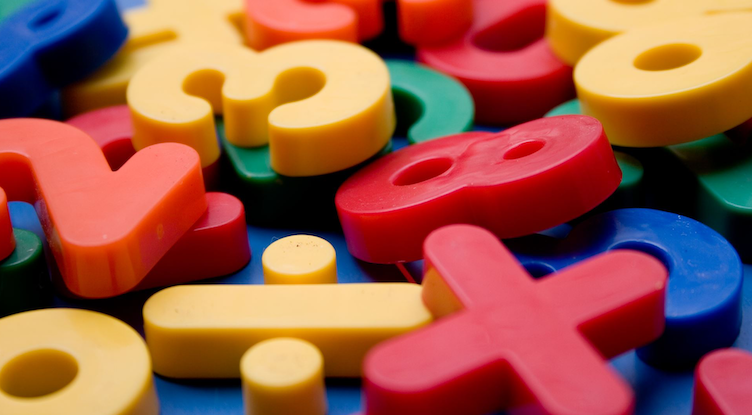If you want your kids to grow up with a healthy attitude to money, the first place to start is to look at your own habits and behaviour with money.
Our beliefs around money - both conscious and unconscious - are mostly informed by what we learn, experience and observe as we grow up. So how you deal with money will undoubtedly influence how your children manage their money as adults.
I’ve recently been working with a client, Sophie, on her money story and looking at how this feeds into her existing relationship with money. We explored her early experiences with money and began to gain insight into previously unconscious beliefs that had been getting in the way of the results she wants to achieve. Through this work, she slowly began to see how she'd been reinforcing old beliefs through some of the decisions and actions she'd taken.
As a child, Sophie's parents had gone from running a successful family business, with trappings of wealth, to being declared bankrupt. The family had to move out of the house they owned into rented accommodation. She was able to stay at the school she’d always attended but became increasingly aware of her different financial status compared to her peers.
She recalled one time the embarrassment of having to tell her teacher she wasn’t able to afford a school excursion. And another being ridiculed by other pupils for wearing her summer shoes for school in winter months.
Sophie's money story was one of scarcity and now, in adulthood, she found herself giving her children, aged six and nine, conflicting messages about money.
read more




